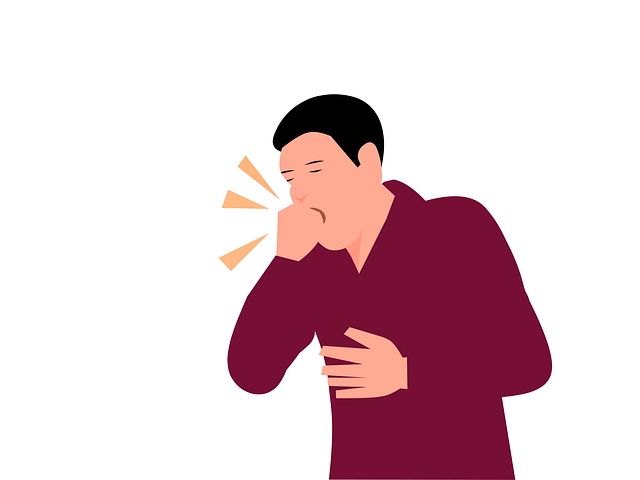Tuberculosis (TB) is a bacterial infection caused by Mycobacterium tuberculosis. It primarily affects the lungs but can also affect other parts of the body. Distinguishing between TB and a regular cough can be challenging, as both may present with similar symptoms. Here are some key differences and considerations:
Tuberculosis:
- Duration of Cough:
- TB: Persistent cough for more than three weeks is a common symptom.
- Regular Cough: A regular cough may be acute or short-term, often associated with viral infections and typically lasts for a few days to a couple of weeks.
- Cough Characteristics:
- TB: Coughing up blood (hemoptysis) is a concerning symptom of advanced TB. Cough may be chronic, productive, and accompanied by sputum.
- Regular Cough: Coughing up blood is uncommon with a regular cough, and the cough may be less persistent.
- Other Symptoms:
- TB: Other symptoms may include unintentional weight loss, fatigue, night sweats, fever, and chest pain.
- Regular Cough: A regular cough may be isolated without significant systemic symptoms.
- Diagnostic Tests:
- TB: Diagnosis often involves chest X-rays, sputum tests, and tuberculin skin tests.
- Regular Cough: A regular cough may not require specific diagnostic tests and may resolve with rest and home care.
- Contagiousness:
- TB: TB is contagious and spreads through the air when an infected person coughs or sneezes.
- Regular Cough: A regular cough caused by a common cold or flu is also contagious but usually to a lesser extent than TB.
When to Seek Medical Attention:
- If you have a persistent cough lasting more than three weeks.
- If you experience additional symptoms such as weight loss, fatigue, night sweats, or chest pain.
- If you have been in close contact with someone diagnosed with TB.
- If you have a cough accompanied by high fever, shortness of breath, or chest pain.
Note:
- TB is a serious and potentially life-threatening condition. If you suspect you may have TB or are experiencing persistent symptoms, it's crucial to seek medical attention promptly.
- In some cases, a regular cough may develop into a secondary bacterial infection that may require medical evaluation and treatment.

Always consult with a healthcare professional for an accurate diagnosis and appropriate management based on your individual symptoms and medical history. Early detection and treatment of TB are essential for a successful outcome.
Top Stories, Trending, Viral, Jobs, Information & Entertainment Telegram Channel Click to Join Infimor
